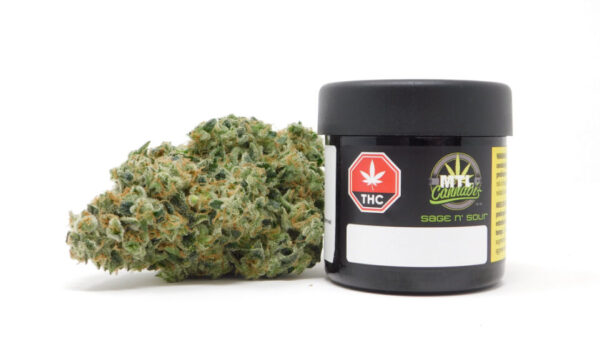Washington State is taking a significant step towards easing the financial burden on medical marijuana patients and designated providers. The state is moving towards eliminating the 37% excise tax on medical marijuana products. By doing this, the state aims to provide much-needed tax relief to those who rely on cannabis for medical purposes.
Washington State has always been at the forefront of marijuana legalization efforts. The state legalized medical marijuana in 1998 and recreational use in 2012. However, despite these advancements, medical marijuana patients and providers have faced challenges due to the high tax rates imposed on medical marijuana products.
In response to these challenges, the Washington Senate recently passed HB 1453. This bill that grants an exemption from the 37% excise tax for medical marijuana patients and designated providers. The bill received overwhelming support in both the House and the Senate, indicating widespread legislative approval.
Under the new legislation, medical marijuana patients with recognition cards and their designated providers will be eligible for the tax exemption until June 30, 2029. Sellers will be required to maintain records of eligibility and report exempt amounts separately on excise tax forms.
Read more: Canadian cannabis sales shoot up by over 24%; unpaid taxes skyrocket
Read more: Hawaii Senate passes recreational marijuana legalization bill
Oversight and compliance measures in marijuana taxation
To ensure compliance and effective oversight, revenue collected from non-medical marijuana excise taxes will be allocated to a dedicated account. The state’s Liquor and Cannabis Board will conduct regular reviews and report to the legislature on various metrics.
The Joint Legislative Audit and Review Committee will evaluate the impact of the tax exemption on patients, providers, and the marijuana industry. This comprehensive evaluation will provide valuable insights and recommendations for adjustments as needed.
While the legislation does not address taxation on recreational marijuana products, its approval represents a significant step forward in supporting medical marijuana patients. Once signed by Governor Jay Inslee, the bill will take effect 90 days after the current legislative session concludes. This will provide timely relief to those in need.
The decision by Washington State to eliminate the excise tax on medical marijuana products represents a significant milestone in the ongoing efforts to support patients and designated providers. This move underscores the state’s commitment to fostering equitable access to medical cannabis. Furthermore, it acknowledges its therapeutic benefits for those in need.
By revising taxation policies, Washington is taking proactive steps to ensure that medical MJ remains affordable and accessible to those who rely on it for their well-being. The collaborative approach between lawmakers, regulators, and industry stakeholders demonstrates a commitment to responsible governance and effective oversight. As the bill awaits final approval, it brings renewed hope to patients and providers, signaling a positive shift towards a more inclusive and compassionate healthcare system.
zartasha@mugglehead.com














